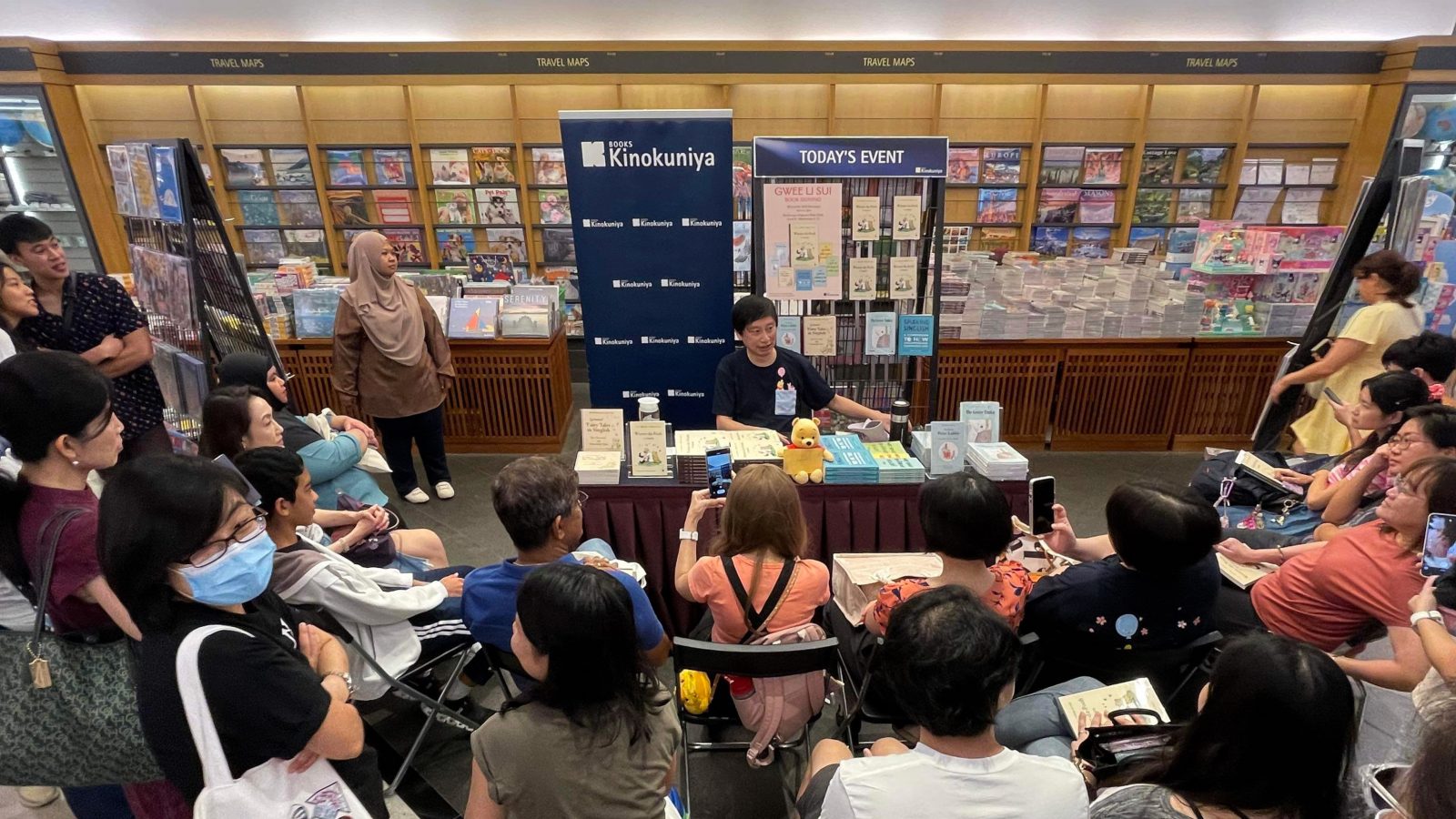Writers and publishers in Singapore reject a government plan to train AI on their work

🌈 Abstract
The article discusses the reaction of Singaporean writers to the government's plan to use their works to train a large language model (LLM), as part of the National Multimodal LLM Programme (NMLP). The writers are concerned about the lack of clarity on compensation and copyright protection, as well as the potential misuse of their work by the government-backed AI project.
🙋 Q&A
[01] Singaporean Writers' Reaction
1. What was the Singaporean government's plan for the National Multimodal LLM Programme (NMLP)?
- The NMLP aimed to address the bias of existing LLMs by training a Singaporean LLM on locally produced material, including content in Malay, Mandarin, and Tamil.
- The goal was to have more accurate references to Singapore's history, colloquialisms, and culture in the LLM.
2. How did Singaporean writers react to the government's plan?
- Writers such as Gwee Li Sui were not convinced that their interests would be a priority in the LLM development process.
- They were concerned about the lack of clarity on how their works would be protected from being used for purposes other than the claimed public service towards cultural representation.
- Several Singaporean writers, including Gwee Li Sui, declined to let the LLM train on their works, including those written in Singlish.
3. What were the key concerns raised by the Singaporean writers?
- Lack of clarity on compensation and copyright protection for their works used in the LLM training.
- Uncertainty about the government's true intentions and the potential misuse of their works.
- Unease about the government's historical relationship with the arts community, including censorship and restrictions.
[02] Global Resistance to AI Training on Copyrighted Works
1. What is the global trend regarding the use of published works to train AI technologies?
- There is a growing resistance worldwide to the use of copyrighted works to train AI systems, with authors and publishers filing lawsuits against companies like OpenAI and Meta.
- This trend is not limited to the West, as evidenced by a Chinese court ruling that an AI service infringed on the copyright of a Japanese science fiction character.
2. How does the Singaporean government's approach to the NMLP compare to other countries?
- The Singaporean government's approach of proactively seeking consent from writers is considered quite rare, as most LLM developers have taken the stance that web-scraped data is fair game to train on without permission.
- However, writers still want more clarity on the specifics of how their works will be used and what protections and compensation they will receive.
[03] Implications and Outlook
1. What are the potential consequences if Singaporean writers withhold their works from the NMLP?
- The LLM may have to rely more on lower-quality web-scraped content, which could limit its coherence and factual reliability.
- Getting buy-in from the local writing and creative community is important for building public trust in the technology.
2. How do Singaporean writers and publishers view their ability to influence the government's plans for the NMLP?
- Many feel that the government is a "juggernaut" compared to the literary community, and there is little they can do if the government decides to "ride roughshod" over them.
- Some writers, like Dave Chua, have resigned themselves to the project moving forward, with limited prospects for meaningful compensation.
- The government's pragmatic approach to the arts, as exemplified by Lee Kuan Yew's quote, suggests the writers may struggle to have their concerns fully addressed.